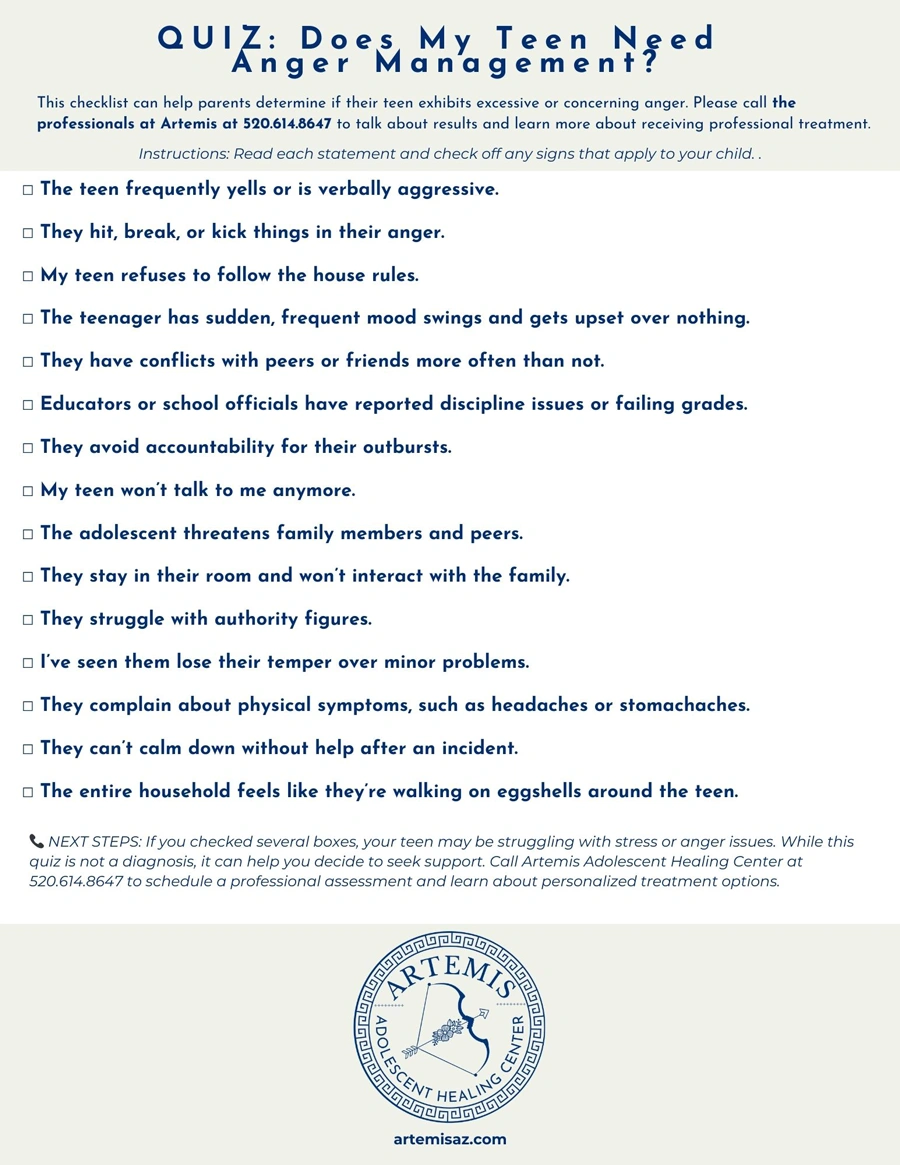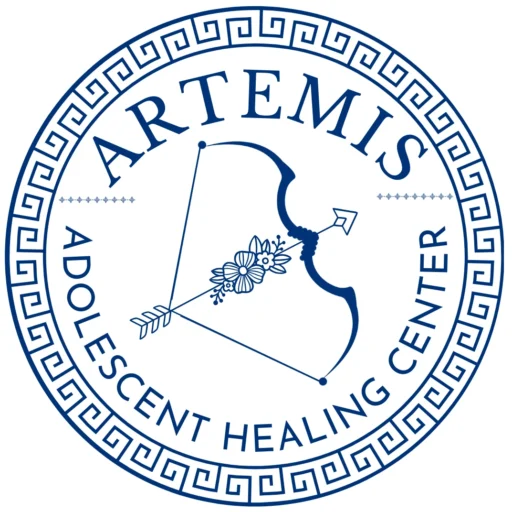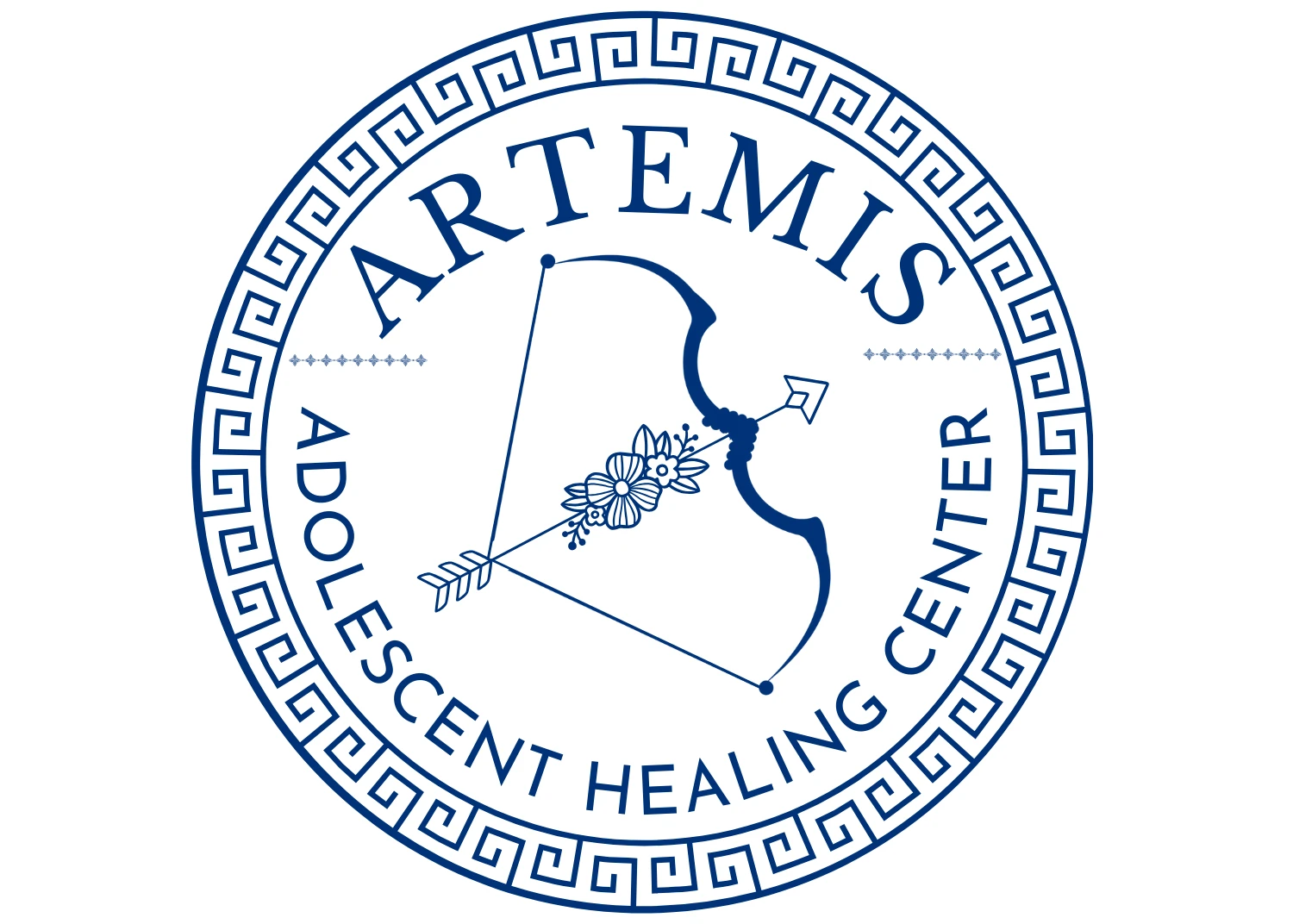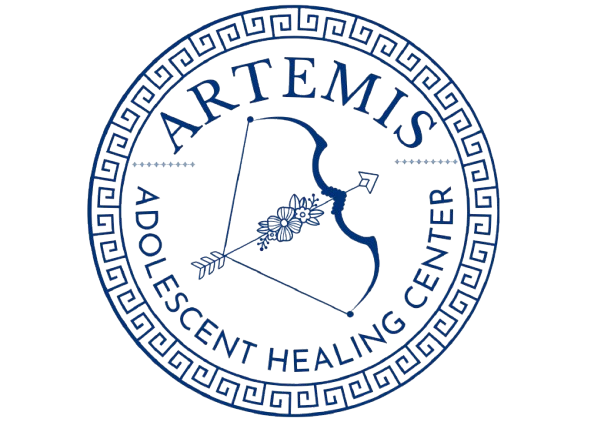Artemis Offers Programs That Support Teens With Anger Issues
Of course, anger is a normal emotion; it’s not inherently “bad” or “wrong.” But when rage or uncontrolled anger starts interfering with a teen’s ability to communicate effectively, it’s time to get help.
This is Artemis Adolescent Healing Center, and our professional teen anger management services help families address the challenges of raising young people who experience intense emotions.
And we fully appreciate that parents or family members on the receiving end of a teenager’s extreme anger might find it upsetting. They may second-guess themselves or feel unsure about what deeper issues the teen is facing or how to get help.
At Artemis, our programs are fully licensed and Joint Commission-accredited, offering parents in the greater Tucson, Arizona, area reassurance that their teens are in good hands.
We invite you to continue reading to learn the difference between anger that’s a normal part of growing up versus uncontrolled anger problems that tip into the realm of aggression for your child.
Get Confidential Trauma and PTSD Assessment
Understanding Teen Anger: Why It’s More Than Just Mood Swings
Is your teen expressing that they feel angry or have other big feelings? Adolescents go through many changes. Their hormonal production is raging, and their brain’s prefrontal cortex, which is not fully developed, has a heavy workload.
The prefrontal cortex is the region of the brain responsible for “pumping the brakes” or impulse control; it makes us pause and process before making poor decisions or overreacting in the heat of the moment. Emotional overload is a typical part of this growth stage.
But when anger issues become frequent, intense, aggressive, or destructive, they’re stepping outside of typical behavior. Deep-seated anger comes from underlying stress, trauma, or mental health issues, compounded by the pressures of teenage relationships, self-esteem, and the desire to succeed academically.
For parents or guardians, knowing when a teen starts to express anger inappropriately is a good starting point for getting help before it progresses to violence or even self-harm.
What are the Signs Teen Anger Management Programs Might Be Helpful for Your Child?

Explosive outbursts when frustrated are just one important thing to recognize in identifying a child with anger problems. Here are a few other signs adults should know:
- Frequent yelling or shouting over minor frustrations; unable to effectively communicate
- Verbal aggression, including insults, sarcasm, or threats
- Physical aggression toward others (hitting, shoving, kicking, throwing things)
- Breaking or destroying household items during outbursts
- Sudden mood swings, irritability, or emotional volatility
- Defiance or refusal to follow reasonable rules at home
- Constant arguments with parents, siblings, teachers, or peers
- Blaming others for mistakes instead of taking responsibility
- Body language includes clenched fists and tightened muscles
- Refusing to talk or shutting down when upset
- Self-isolating in their bedroom after angry episodes
- Struggles with teachers or school discipline issues
- Difficulty making friends due to conflict
- Cannot stay calm without outside help
- Overreactions or inappropriate responses to minor inconveniences or disappointments
- Making hostile or threatening statements
- Persistent resentment or “holding grudges”
- Physical tension, like clenched fists, a red face, or pacing the floor
- Restlessness, unable to sit still or stay calm, or fidgeting when angry
- Complaints of headaches, stomachaches, or fatigue linked to stress
- Engaging in risky behaviors (driving recklessly, skipping school, or substance abuse)
- Withdrawing from family activities or responsibilities
- Ongoing tension in the household because of their behavior
These behaviors and physical symptoms of anger aren’t mere inconveniences for the family and friends to deal with; they signal that the teen is hurting inside or trying to gain a sense of control or order in life.
How Anger Impacts Teen Mental Health and Daily Life
When someone feels angry frequently, it can profoundly affect their daily life skills. It can lead to worsening anxiety, depression, and panic disorder. Socially, it leads to feelings of isolation, loneliness, or shame. Some teenagers struggling with angry feelings become mired in self-criticism or consider harming themself or others.
Academically, unmanaged anger can cause disciplinary issues, poor grades, and suspensions or expulsions. As both school and family life become more challenging, parents must step in and respond when they start noticing the red flags of a teenager’s mental health declining.
Parents Shouldn’t Ignore an Angry Teenager

You’re right to be worried about your teen’s well-being if the signs of anger issues persist. Unchecked anger escalates, bringing emotional and physical risks for your teen and others. Our checklist will help you listen to your inner voice and recognize if your child needs professional anger management counseling.
As a parent, never assume that the angry feelings your teenager has experienced are just hormones or will go away on their own. Anger bordering on rage is an unpredictable emotion that can come from stress or trauma, which often requires professional care.
The Link Between Anger and Adolescent Mental Health Services Needs
Angry feelings often point to deeper mental health issues, such as depression, anxiety, or trauma. At Artemis, our professionals take a whole-person approach to anger management.
Our goal is to make sure anger management is part of a comprehensive care plan that finds and addresses the root cause of the outbursts or violence.
Once teens have complete information about why their feelings are so unpredictable, they can start to learn coping skills to deal with their emotions.
Get Accredited Treatment Programs at Artemis
What Are Common Adolescent Anger Triggers That Lead to Teen Outbursts?
How can a teen be calm and in control one moment and fly into rage in the next? Here are some examples of common anger triggers:
- Sleep problems
- Substance use
- Conflict with friends
- Dating and breakups
- Arguments or difficulties with adults at home
- Struggling in school
- The stress of fitting in with peers
- Feeling hindered about expressing themselves openly
There is no one specific reason that causes teens to experience angry feelings, nor is this list comprehensive. Every child is unique and requires personalized support when their emotions become overwhelming.
How Teens Can Learn to Self-Soothe in Healthy Ways

Most children learn to self-soothe in early childhood – it’s why babies such their thumbs or toddlers hug a favorite stuffed animal. Some children don’t develop those coping skills as easily or naturally, especially if they have experienced trauma or a lack of consistency from caregivers.
As a teenager, some healthier ways to cope can be listening to music, deep breathing, or learning to walk away from triggers before they respond. The sense of control they gain from mastering these coping skills can be very empowering.
Teaching Teens to Model Healthy Coping Skills at Home
Parents are the child’s first role models, shaping how they manage their emotions. When parents handle stress calmly and resolve relationship conflicts without anger or frustration, the children in the home see this.
It’s never too late for family members to model health communication skills, including learning to listen, letting others speak, and expressing feelings without getting upset. Adolescents are still impressionable and will respond to seeing a good example in their home lives.
The Role of Therapy in Managing Teen Anger
Therapy provides teens with a safe space to discover the source of their anger and learn better ways to respond when their emotions run high.
The therapists at Artemis provide support using evidence-based talk therapy to help teens recognize negative thoughts and replace them with healthier thinking.
Family Involvement in Teenager Anger Management Programs
It’s not just the troubled teen who needs support. Entire families see the anger and watch helplessly as their loved one deals with the fallout. The answer is family therapy, with sessions allowing parents, teens, and siblings to improve communication and set boundaries.
Family therapists lead the discussion, intending to rebuild trust between the teens in our program and their loved ones.
How Artemis Builds Trust with Teens in Treatment

Teens respond best in treatment when they feel respected. They want to speak and be heard without judgment. Our therapists make it a point to build trust with each client by creating a judgment-free place for them to discuss their relationships, frustrations, and struggles. Once we establish trust, great progress can happen.
Evidence-Based Approaches We Use in Anger Therapy
Our therapists only use proven therapy methods adapted to meet the unique needs of teenagers. Some tools we have include CBT, DBT, and mindfulness practices. We help adolescents understand the cause of their anger, help them gain control over their emotions, and develop life skills they’ll use for the rest of their lives.
Aftercare and Long-Term Support for Lasting Change
We recognize that completing an anger management program doesn’t mean that the calm will last forever. We provide aftercare planning assistance to help the teens in our program stay on track after graduation.
They will have a list of “safe” friends and loved ones to turn to in their phones – a lifeline when they feel the anger threatening their peace of mind. They may also attend SMART Recovery to improve their behavioral health, or Alcoholics Anonymous (AA) or Narcotics Anonymous (NA) if they have a co-occurring substance use disorder. The teen may also list how they can use positive self-talk or deep breathing to calm down in the face of their anger triggers.
Each client develops their own aftercare plan to suit their specific goals and mental health needs. Our counselors guide the process, ensuring the client can execute the plan after leaving treatment.
Up To 100% of Rehab Costs Covered By Insurance
Contact Artemis Today About Our Anger Management for Teens
Is your teen’s anger problem dictating your family life? Artemis Adolescent Healing Center is here to help your child. Our evidence-based counseling targets teens and families, giving you the tools needed to restore a sense of peace in your home.
Talk with our admissions specialist today; your call is always free and confidential, so please reach out now!






